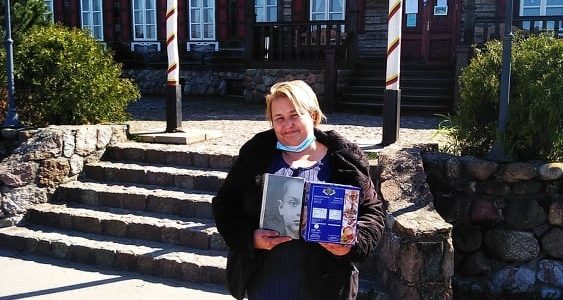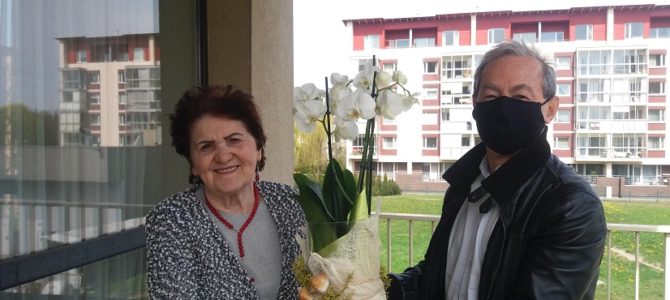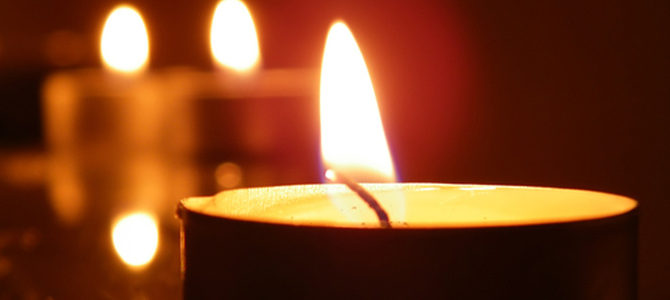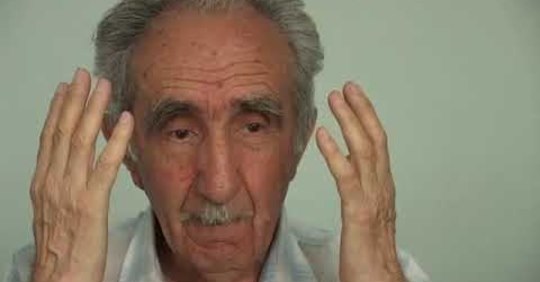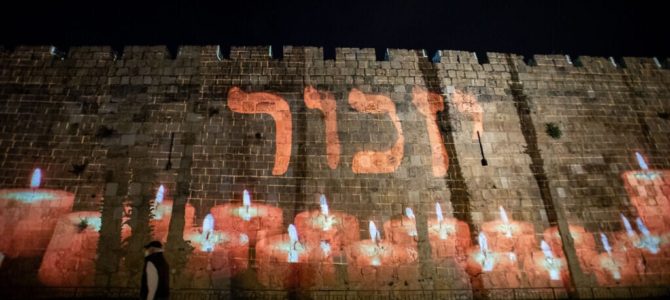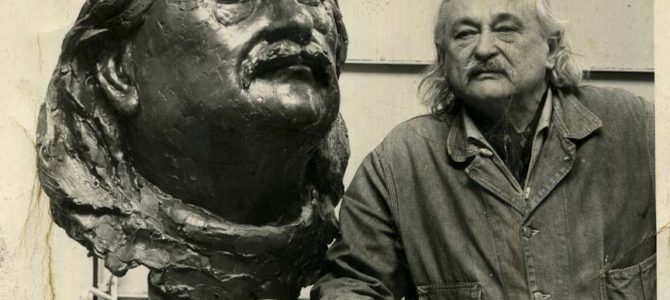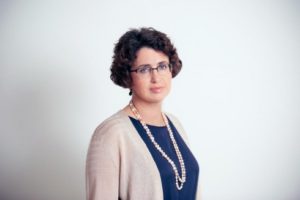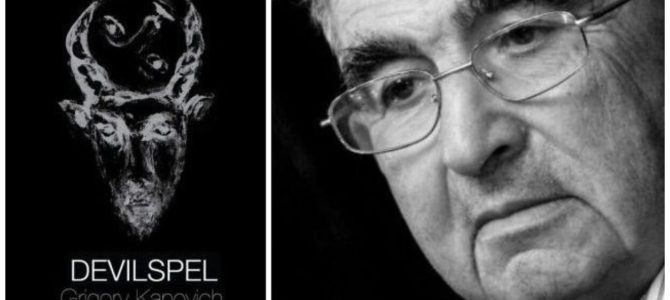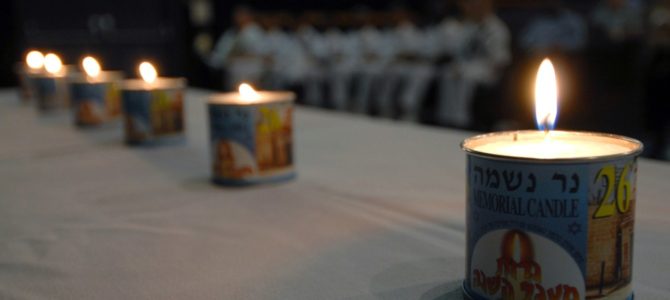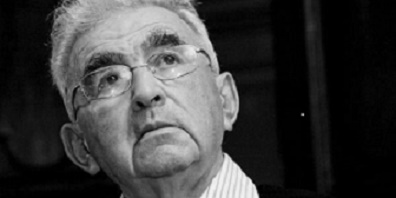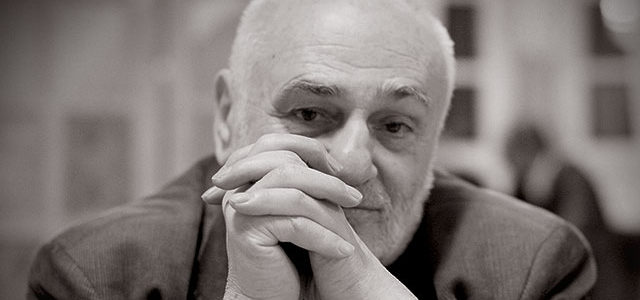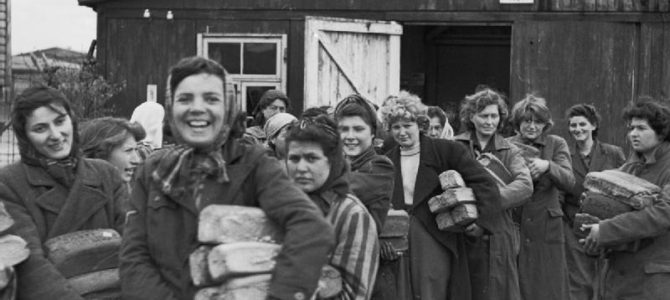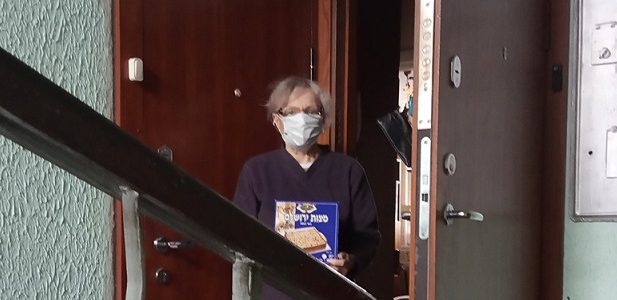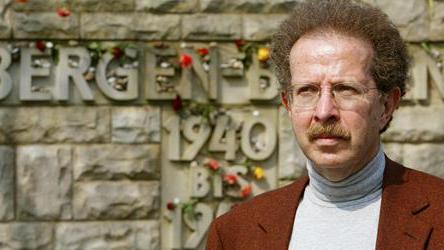by Menachem Z. Rosensaft, associate executive vice-president and general counsel, World Jewish Congress
When the remnant of European Jewry emerged from the death camps, forests and hiding places throughout Europe in the winter and spring of 1945, they looked for their families and, overwhelmingly, discovered that their fathers and mothers, their husbands, wives and children, their brothers and sisters, aunts, uncles and cousins had all been murdered by the Germans and their accomplices. Yet they did not give in to despair.
On the contrary, in Displaced People camps throughout Germany, Austria and Italy, the Jewish survivors of the Holocaust, who could easily have given up on humankind, dramatically returned to life–spiritually, physically, culturally, and socially. Instead of allowing themselves to remain the prisoners of a horrific past, they looked toward the future, married, started new families, and proved, if only to themselves, that they had not only remained alive but that they had, in fact, prevailed. I am one of more than 2,000 children who were born in Bergen-Belsen, the largest of the DP camps, between 1945 and 1950.
Simultaneously, the survivors’ affirmation of their Jewish national identity took the form of a political and spiritually redemptive Zionism. The creation of a Jewish state in what was then called Palestine was far more than a practical goal. It was the one ideal that had not been destroyed, and that allowed them to retain the hope that an affirmative future, beyond gas chambers, mass-graves and ashes, was still possible for them.
Full article here.


